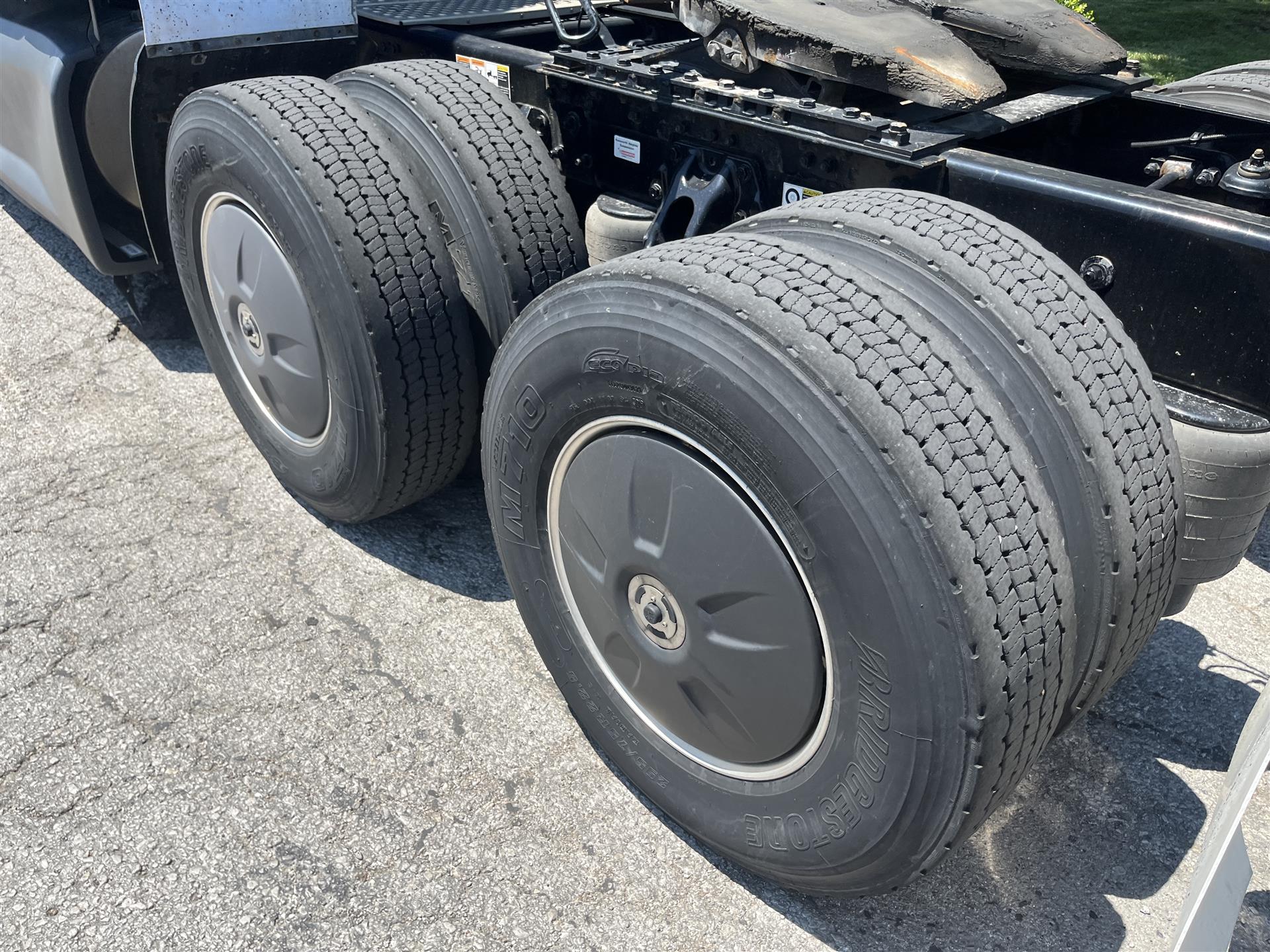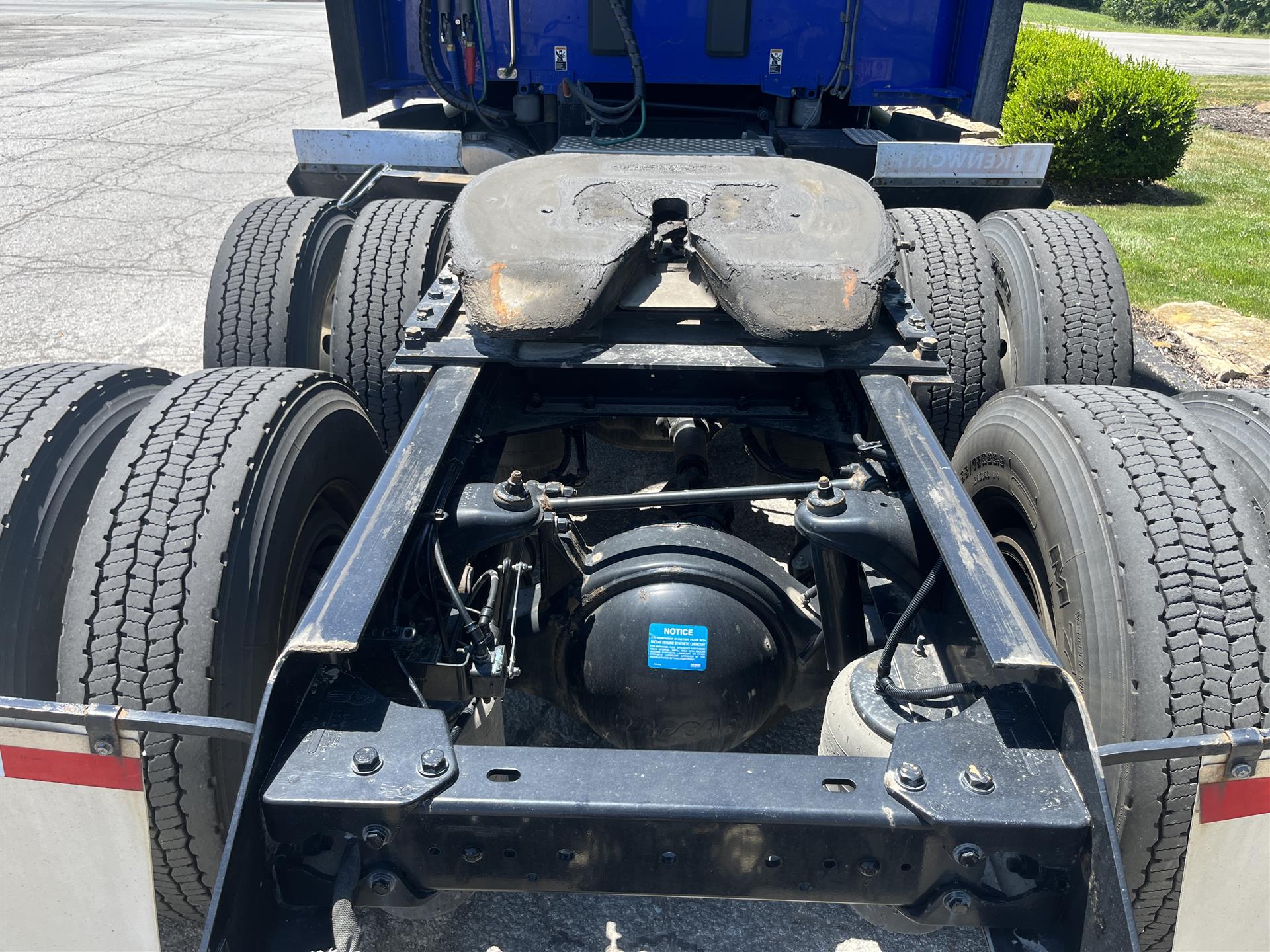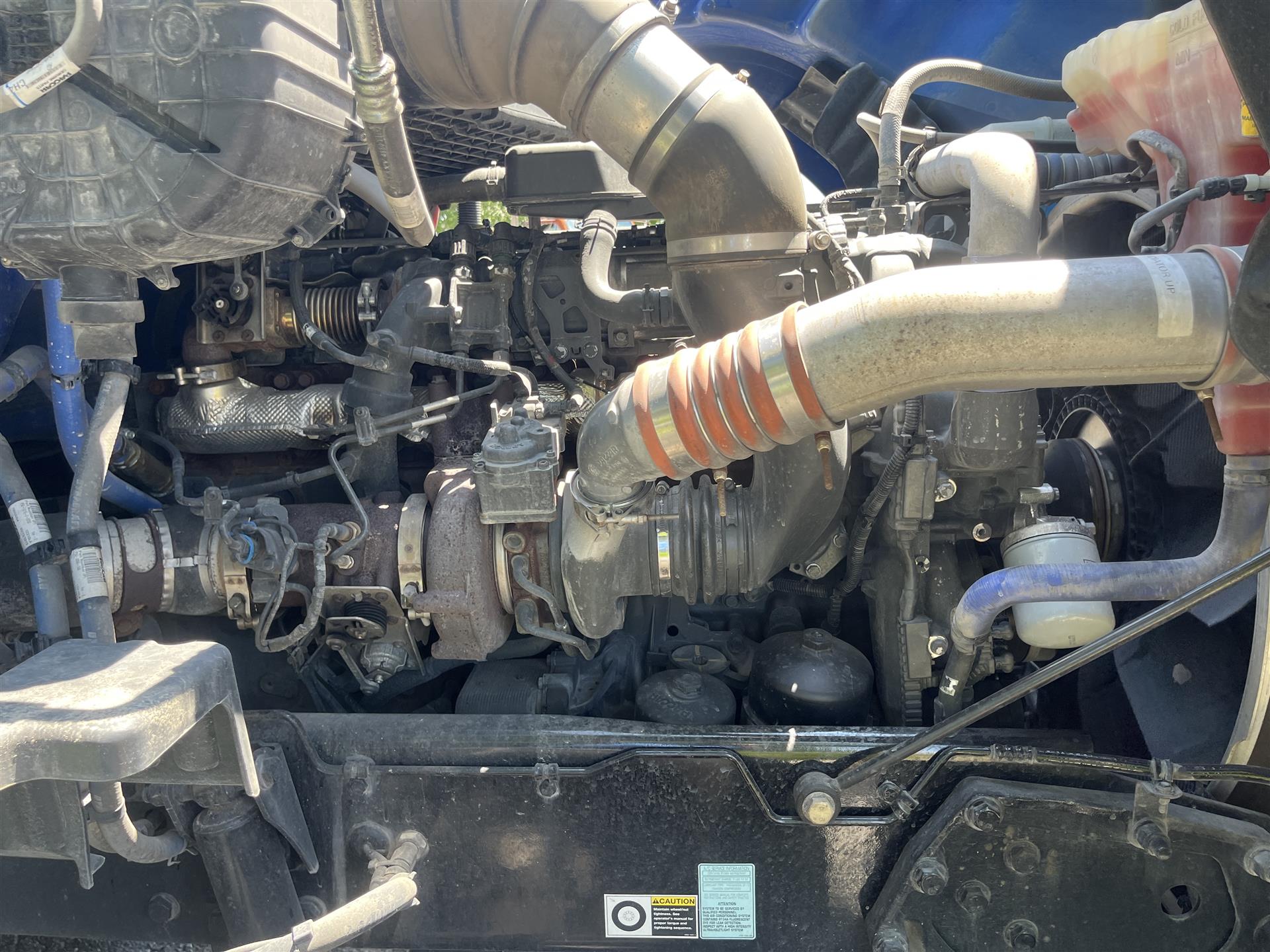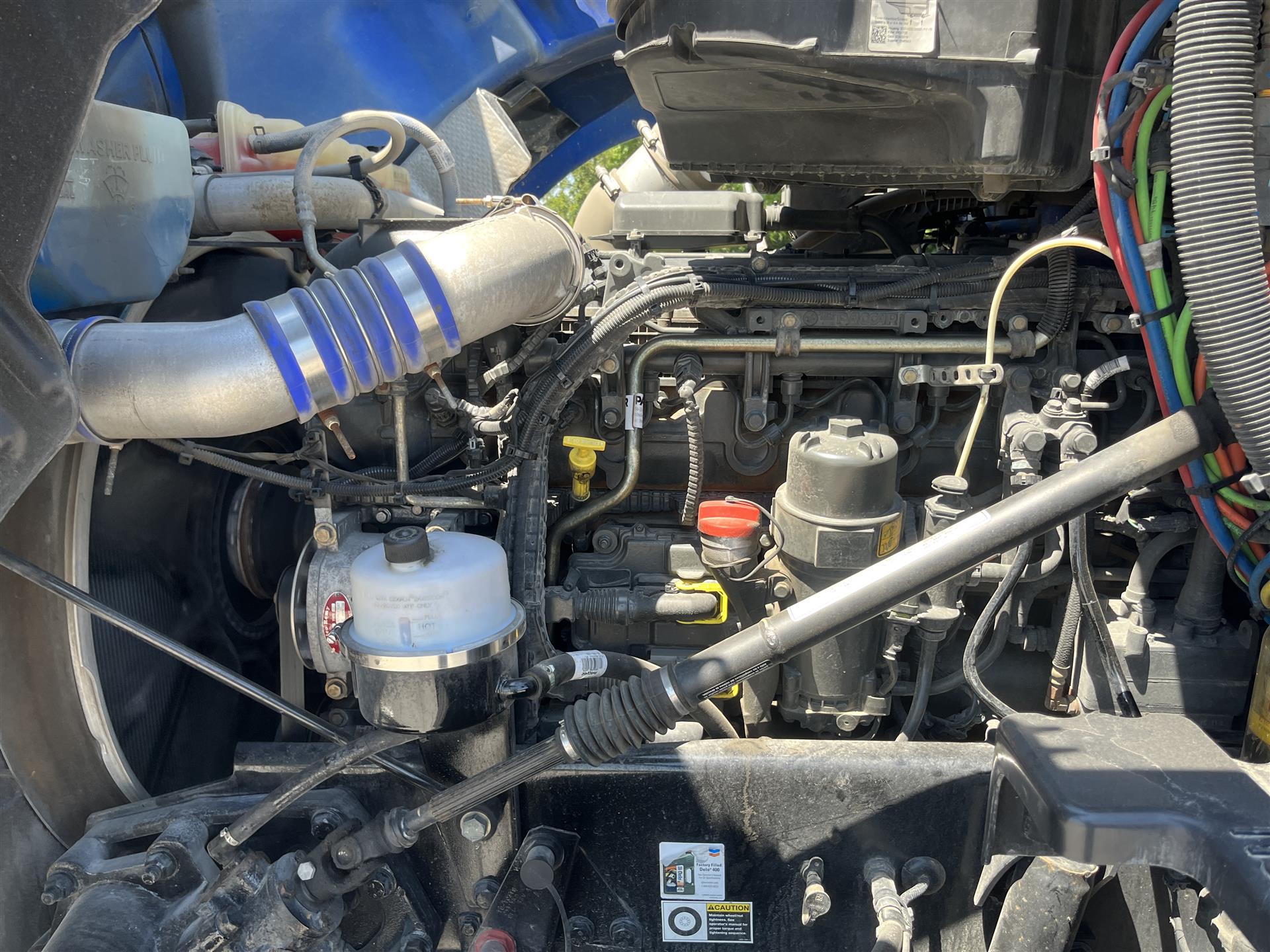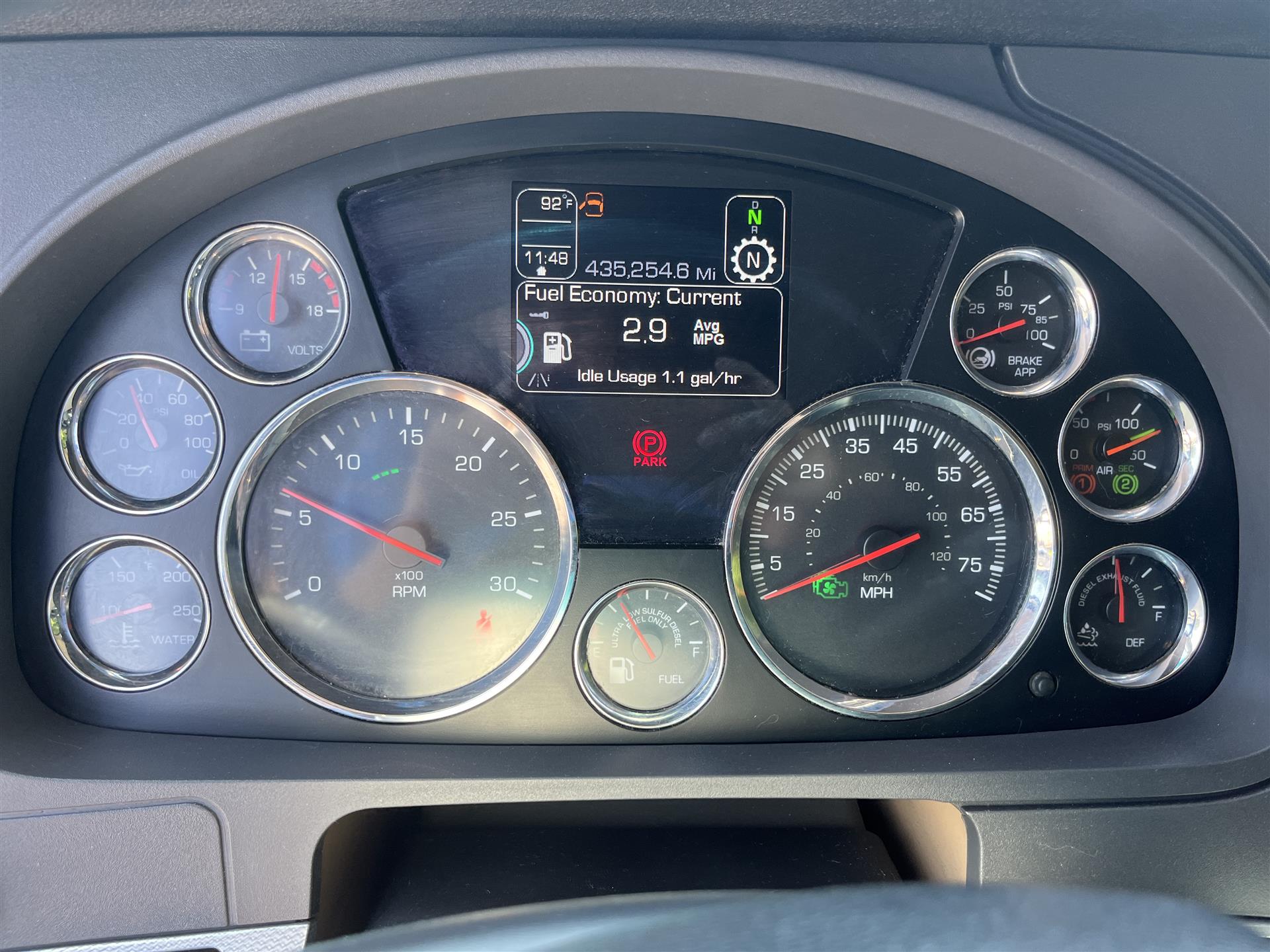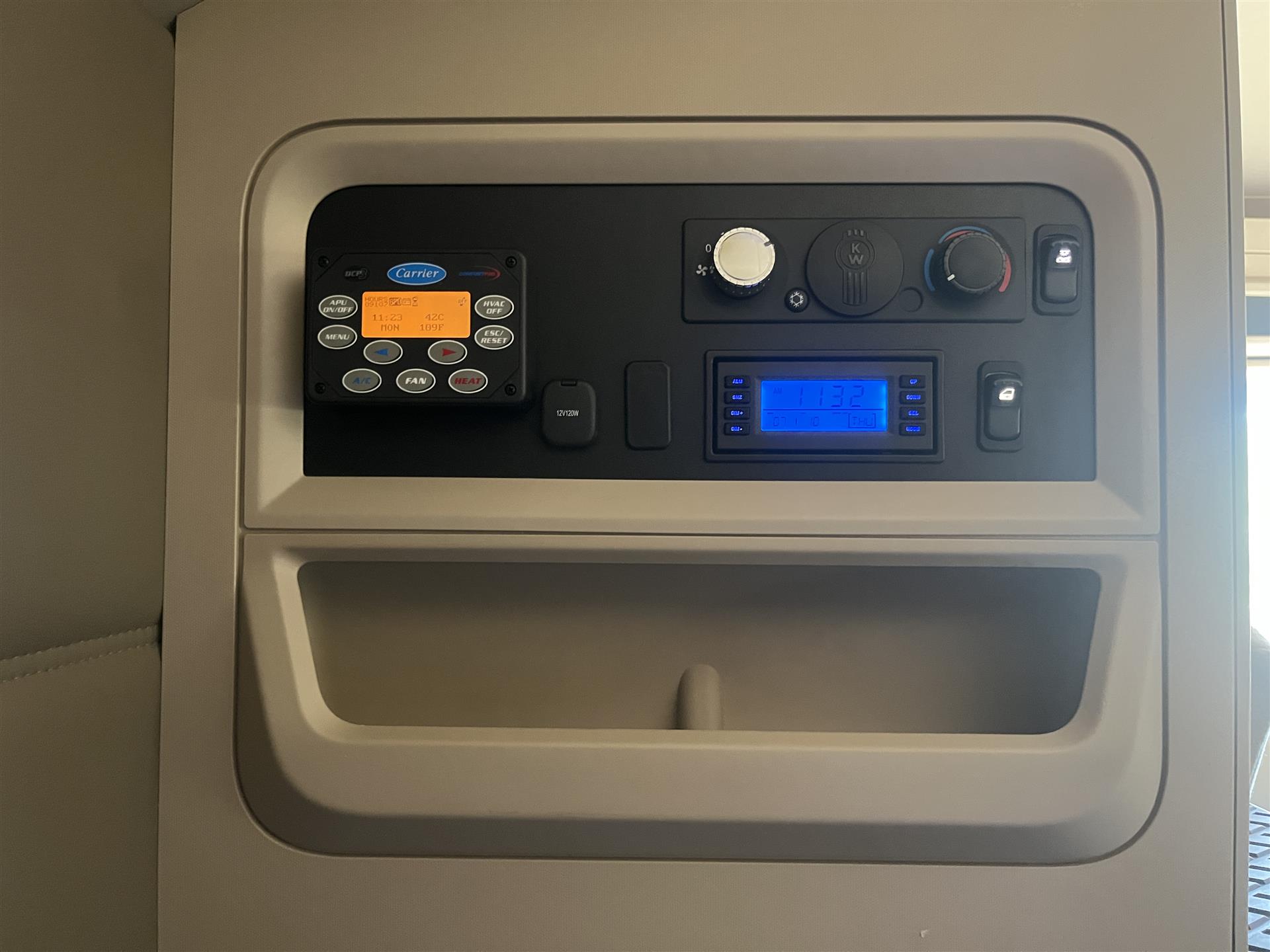The rising cost of fuel has has been felt by every American. In recent weeks, U.S. fuel prices have soared to record highs and they are expected to continue rising. You’re probably wondering, what are the contributing factors? There isn’t a single answer, but like the price of any commodity, it’s based on supply and demand.
Factors Impacting Rising Fuel Prices
Production: At the beginning of the pandemic, petroleum refineries reduced output as the economy slowed. Output has not yet ramped back up to pre-pandemic levels.
Inflation: Overall U.S. inflation rose at a 7.9% annual rate in February, and consumer prices are the highest in 40 years. The cost of all commodities is rising. Fuel oil increased 43.6% on an annual basis, the highest inflation rate of any expenditure category. The post-pandemic economic recovery has left many households with extra cash. The tight labor market also allows workers to earn more money by working more hours, running additional miles, and earning higher wages or per mileage/shipment pay.
Continually Loosening COVID Restrictions: Commuters are returning to the office, air travel has picked up, and people are vacationing again. While we all want things to go back to normal, this sudden surge of fuel usage is not being met with enough supply. This directly causes prices to go up.
The Crisis In Ukraine: Russia is one of the biggest oil producers in the world. After its recent attacks in Ukraine, many traders, shippers, and financiers shunned Russian oil. Furthermore, the U.S. has now imposed sanctions on Russian oil. Last year, around 8% of imported U.S. oil came from Russia.
There are several other factors that are pushing the price of fuel up and up. But the simple economic reality is that demand is outpacing supply.
What Is A Fuel Surcharge?
A fuel surcharge is a mechanism in the trucking industry that helps balance the fluctuations in the cost of fuel. Incorporating a fuel surcharge into transportation pricing became a widely accepted practice years ago. You may remember that fuel spiked above $4.00/gallon for the first time in U.S. history after Hurricane Katrina. This spike in fuel prices may have put the trucking industry out of business if fuel surcharges hadn’t offset the additional cost of fuel. In today’s world, there are a variety of sources for fuel information, and the fuel surcharge is calculated in many different ways. An example of a common fuel surcharge formula is listed below:
Fuel Surcharge = [the current price of a gallon of fuel – the base price of a gallon of fuel in a shipping contract] / the average miles per gallon of a truck.
How Can You Manage Cash Flow With Rising Fuel Costs?
As an owner-operator, one of the most important pieces of your business that you need to manage is your cash flow. How much money (cash) you have coming in versus how much money you have going out. Read more about when you should fill up your tank, the dangers of cash advances, and how to plan your fuel-ups accordingly, by reading ATBS article here.
How Can You Optimize Fuel Using Discount Networks & Fuel Cards?
If you’re hauling freight for a carrier, stay within their fuel network to take advantage of their negotiated discounts. If they offer a fuel optimizer program, take advantage of that too.
Thanks to the ever-growing list of fuel cards and smartphone apps, owner-operators have the tools needed to ensure they are paying the lowest price possible for fuel. Fuel cards are designed to offer carriers and drivers per-gallon discounts on fuel and other services specific to trucking.
There are many different types of fuel cards offered by a variety of companies. Some fuel cards are offered by truck stops, some are offered by fuel providers/oil & gas companies, some by trucking and driver associations, and others by companies whose only service is their fuel card. For more information about fuel card discounts, check out ATBS article here.
Here are a few common fuel cards in today’s market:
- NASTC Quality Plus Network
- P Fleet CFN Fuel Card
- OOIDA’s Truckers Advantage Fuel Card
- EFS Fleet Card
- RTS Fuel Card Program
- Axle Fuel Card
The Bottom Line
There is no denying that fuel is going up and you will need to adjust how you do business. Rates are still at an all-time high, and you can still make great money as long as you manage your biggest cost. As fuel rises, you might need to take an extra load to compensate for the lag in fuel surcharge, but the best operators will do just as well, if not better, with the high price of fuel!









